Life and Works of Pestalozzi:
According to Pestalozzi, “Education is natural, harmonious and progressive development of man’s innate powers”.
Pestalozzi, the great educationist, was born in the year 1746, in the city of Zurich in Switzerland. His father was a doctor but before Pestalozzi could attain the age of 5, he died and the responsibility to bring up Pestalozzi was left to his widow mother. This had a great influence on his character. Since he was brought up by his mother and the maid servant, both of them ladies, he acquired the softness, sentimentally and impractical attitude, things that belong to woman nature. Since his mother was a virtuous lady, he acquired many of her qualities. He learnt to be selfless and liberal towards others. He very well realized the importance of mother-child and family in education. This experience inspired him to write about their importance in his philosophy of education. That is why he said that home is the real school where the child gets the love and learns cooperation.
He was educated in the village school where his class fellows thought him to be a stupid boy. After completing his education in the school, he entered into the University of Switzerland.
Influence of “Emile”:
It was, at this stage, that Pestalozzi got a chance to study ‘Emile’, the famous work of Rousseau. This book influenced him very much. He had himself recognized its influence and said that after reading this book his imagination was heightened to a very great extent. He started comparing his home and school with that of Emile and realized that the education that he was getting was simply incomplete. He started reading other books of Rousseau and it was the influence of these books that inspired him to take to education instead of becoming a minister or an advocate.
Pestalozzi was a sentimental boy. He was also a reformist because of his emotional temperament. He could not tolerate the pitiable circumstances of society and decided to bring about a change in them. For this, he thought that education was the best method. He also decided that he shall lead a simple life and try his level best to bring about the change in the existing conditions. The life of an agriculturist or farmer was very dear to him and so he decided to lead the life of a farmer. He wanted to grow up into an ideal farmer and purchased 100 acres of land after borrowing some money but his impractical attitude did not let him achieve his aim. This frustration diverted him towards education more and he took up the cause of social reform through education.
In 1764, he started a school for the children of the farmers. He opened the school and collected 20 orphan children from the village and started teaching them. He treated them as his own sons and managed for their board and loading. He was of the view that children should be imparted such education so that they may be able to earn their livelihood. He thought children should learn farming and gardening.
In regard to the education of the girls, he laid stress on domestic work and practical knowledge. The boys were made to learn while working. They were taught Mathematics and made to learn by heart certain important portions of the Bible. He had a keen eye on daily practical life and laid great stress on day-to-day work and talk. He was of the view that if a child acquires a practical education for everyday life, he will grow into a successful man. He also encouraged them to take part in the debates and discussions, on the topics connected with everyday life. This new education, as propounded by Pestalozzi, helped a lot in the mental, physical and moral development of children. But financial stringency did not allow Pestalozzi to run his school for long and he had to give up that project.
After that Pestalozzi had to live in complete penury for 18 years. He started writing books to improve his financial condition. As soon as his financial condition improved, he again took up the cause of education. The first book that he wrote was entitled “Evening Hour of a Hermit”. Since the style of this book was a bit terse, it could not get the requisite name and fame. The second book was “Leonard and Gertrude”. It is said that it was based on the life of his faithful maid servant who did not leave him even in his worst days. In this book, he has tried to lay down his principles of education. With the help of this book, he tried to acquaint the general public with his concept of new education. He has also drawn a vivid picture of the village life.
The third book that he wrote was “Christopher and Elija”. Then came “In Enquiry into the Grace of Nature in the development of the Human Race”. He also wrote certain fables and edited “Swiss Journal”. In 1778 he again started a school in Orgo but he had to leave that too. After a few days, he started or took into his hands the management of orphan children of the village of Stanz. This institution provided for such an education to the children that all their faculties and tendencies may grow. With these schools, the seeds of the educational philosophy of Pestalozzi got their ground.
After this, he started a school in Burgdorf. This school, with the help of the associates of Pestalozzi, could be run for 3 years. Afterwards, Pestalozzi had to leave this school as well, because its management and administration, at the instance of the government, were transferred to other people. He started another school in Yuerdun where he stayed from 1805 to 1825. This school was aimed at imparting training to the teachers and experimenting on the reforms of education that he had conceived. In a few days, this institution become famous and people from foreign lands started pouring in. Amongst them were Froebel, Herbert, Robert Owen, Anderwell, Dr Mayo etc. In 1825, due to mutual differences, he had to leave this pilgrimage of education as well. All these frustrations had an adverse effect on his health. He had all along been facing the criticism of his adversaries and at the age of 82 in 1827 he left this world for good. The last days of his life had been very difficult for him and he had to struggle a lot. Before his death, he gave two outstanding works to the world, namely, “The Swan Song” and “My Experiences”. They present his ideas at his best.
All the great educators of his time had expressed great respect and gratitude for Pestalozzi. The inscription on his grave is the greatest memorial to him. It recounts all the great deeds done by him.
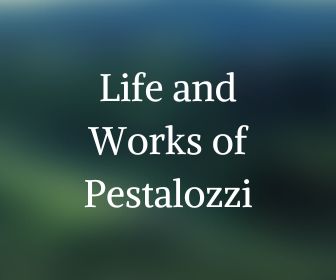

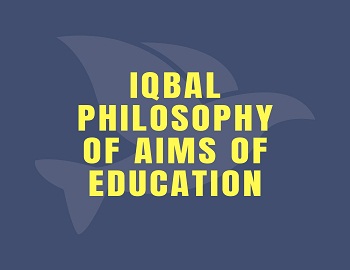
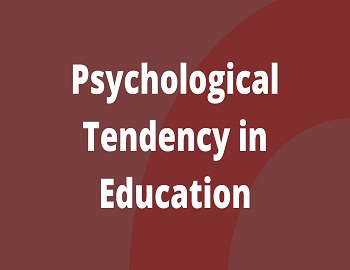
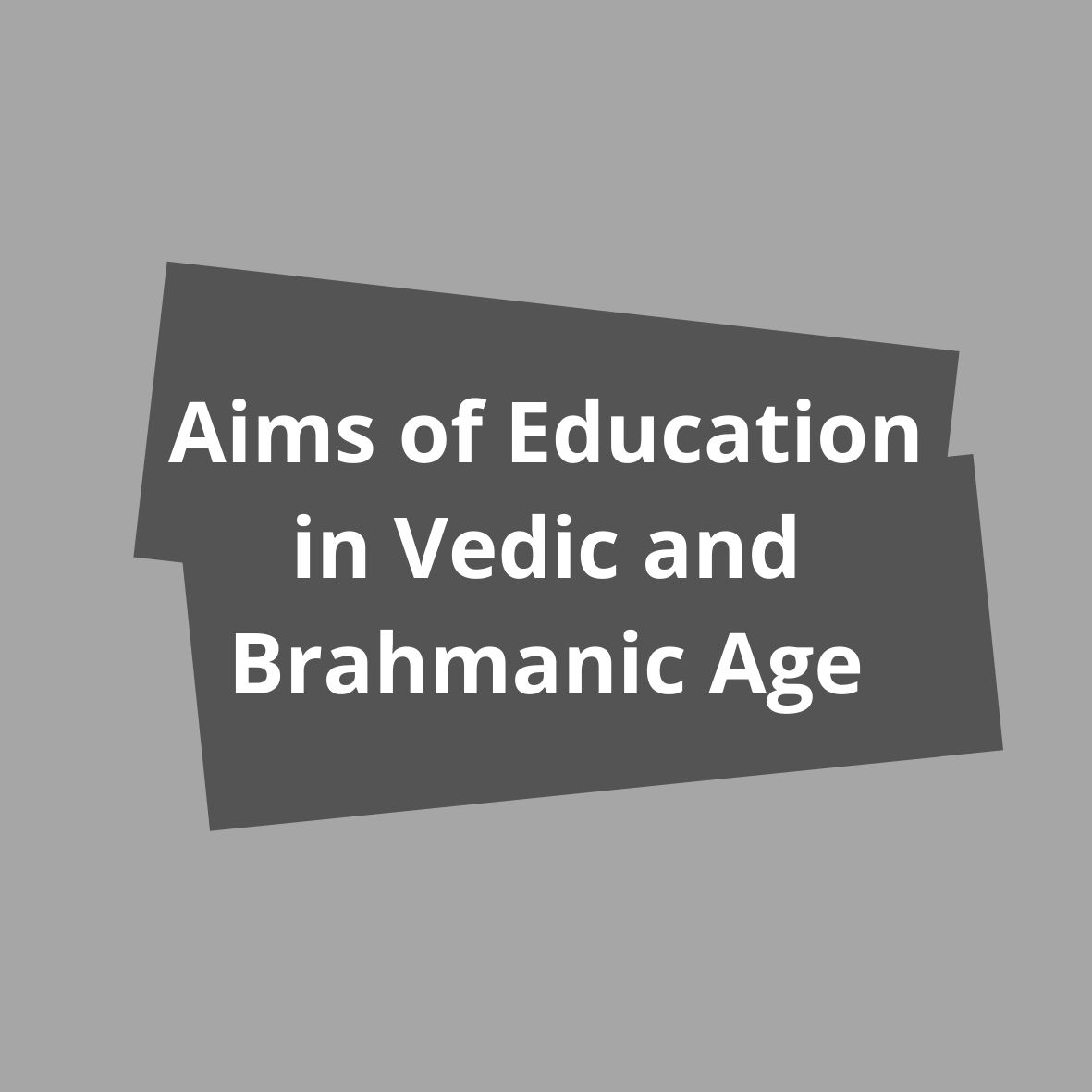
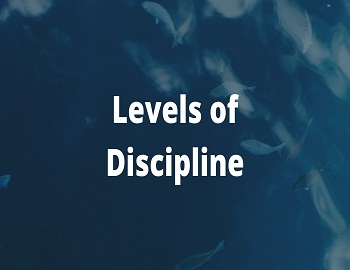

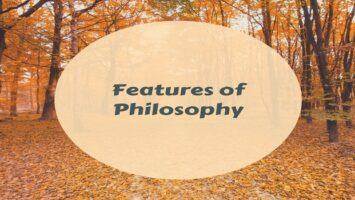
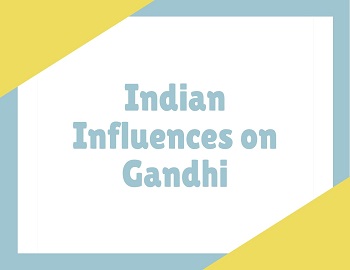
Comments (No)